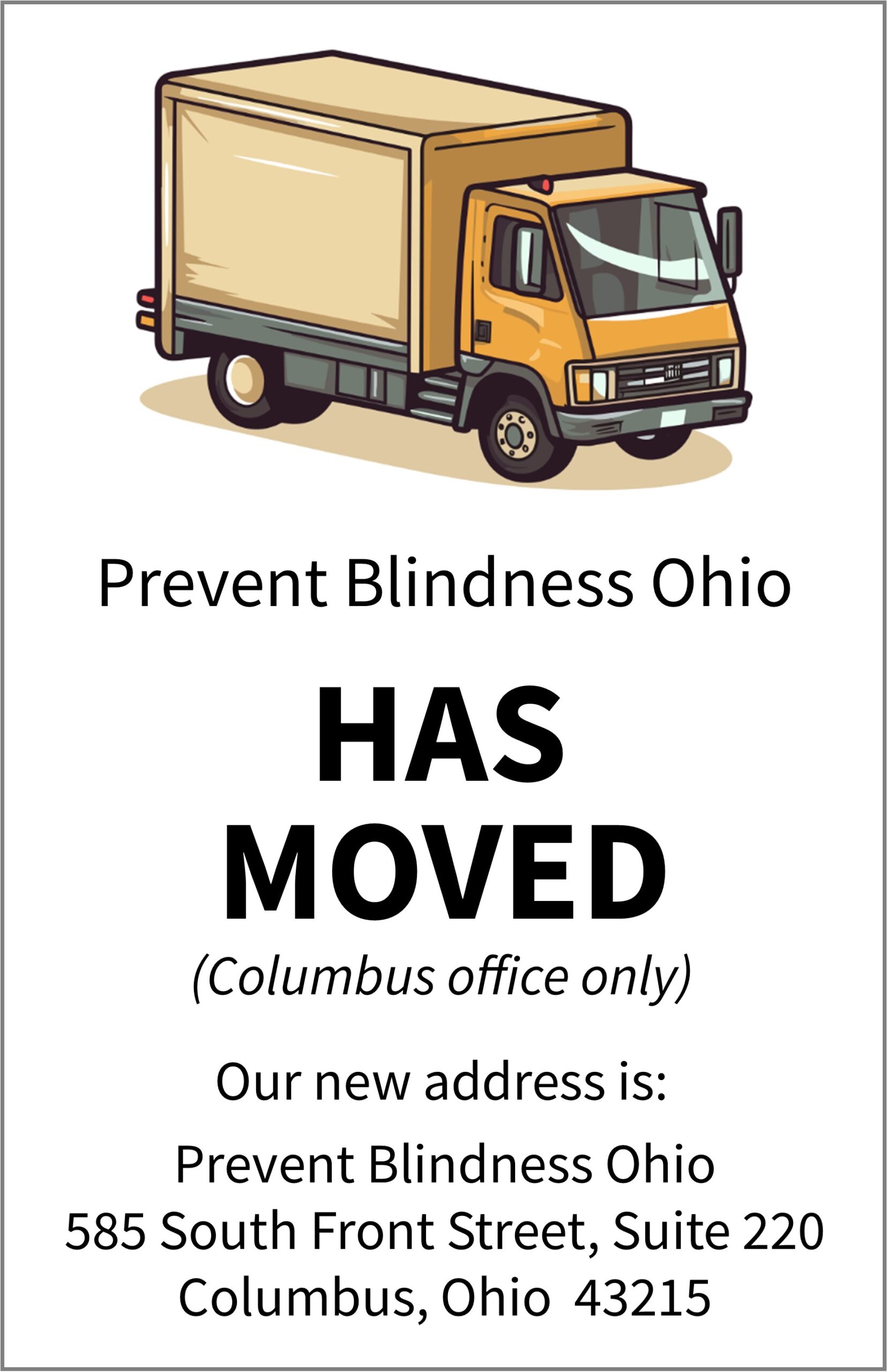FOR IMMEDIATE RELEASE
For more information:
Prevent Blindness
Whitney Anderson
Phone: (800) 301-2020 ext.105
E-mail address: [email protected]
New Prevent Blindness Data Shows More than 30,000 Sports-Related Eye Injuries in One Year Alone
– Prevent Blindness Declares September as Sports Eye Safety Awareness Month, Provides Tips on Best Ways to
Protect Vision While Playing Sports–
Columbus, OH (Sept. 4, 2018) – New
annual data from Prevent Blindness, the nation’s oldest eye health non-profit organization, shows that there were more than 33,000 Americans treated for sports-related eye injuries last year. More eye injuries occur from water and pool activities than any other sport with basketball as the second highest cause. Prevent Blindness has declared September as Sports Eye Safety Awareness Month to help educate the public on the need to protect vision while playing sports activities.
A recent study, “
Epidemiology of Sports-Related Eye Injuries in the United States,” found that patients with primary sports-related ocular trauma were most commonly male. And, the proportion of injuries resulting in impaired vision was highest for those injuries associated with paintball (10.2 percent), shooting an air gun (8.2 percent), racket sports (5.8 percent), and soccer (5.7 percent).
Eye injuries from any sport may include infection, corneal abrasions, fracture of the eye socket, swollen or detached retinas or a traumatic cataract. Eye injuries from water sports may include eye infections and irritations, and scratches or trauma from other swimmers.
As part of September’s Sports Eye Safety Awareness month, Prevent Blindness provides tips on buying sports eye protectors:
-
Consult an eye care professional to get the best eye protection for your sport and lifestyle.
-
If you wear prescription glasses, ask your eye doctor to fit you for prescription eye protection. If you’re a monocular athlete (a person with only one eye that sees well), ask your eye doctor what sports you can safely participate in.
Wear proper safety goggles (lensed polycarbonate protectors) for racquet sports or basketball. In order to be assured that your eyes are protected, it is important that any eye guard or sports protective eyewear are labeled as ASTM F803 approved. This eyewear is performance tested to give you the highest levels of protection.
-
Use batting helmets with polycarbonate face shields for youth baseball.
-
Use helmets and face shields approved by the U.S. Amateur Hockey Association when playing hockey.
-
Know that regular glasses don’t provide enough protection.
“Wearing eye protection should be part of any athlete’s routine, just as putting on equipment like shin guards, gloves, or a helmet are,” said Sherry Williams, President & CEO of Prevent Blindness, Ohio Affiliate. “Eye accidents happen so quickly, but the effects can be painful and last a lifetime. Consulting an eye care professional can protect healthy eyesight without compromising on performance.”
Liberty Sport and Prevent Blindness are partnering for the annual “September is Sports Eye Injury Prevention Awareness Month” program. The program provides printed materials to assist eye care professionals in educating consumers on the importance of eye safety during sports. To request a free kit, please contact Angela Gerber, Liberty Sport, at (973) 882-0986 x972 or
[email protected].
For more information on sports eye injury prevention or contact lens safety, please call Prevent Blindness, Ohio Affiliate at (800), 301-2020, or visit
www.preventblindness.org/sports-eye-safety.
About Prevent Blindness
Founded in 1908, Prevent Blindness is the nation’s leading volunteer eye health and safety organization dedicated to fighting blindness and saving sight. The Ohio Affiliate of Prevent Blindness is Ohio’s leading volunteer nonprofit public health organization dedicated to preventing blindness and preserving sight. We serve all 88 Ohio counties, providing direct services to more than 1,000,000 Ohioans annually and educating millions of consumers about what they can do to protect and preserve their precious gift of sight. For more information or to make a contribution, call 800-301-2020. Or, visit us on the web at www.pbohio.org or facebook.com/pbohio.

